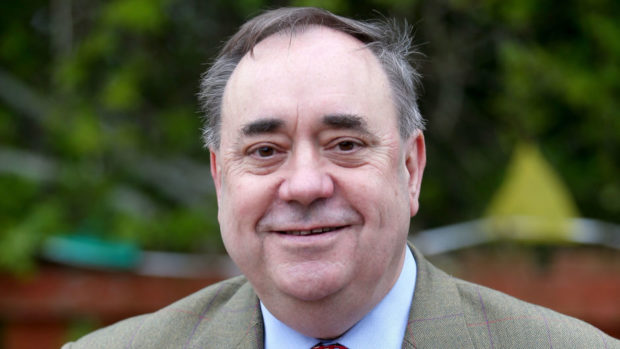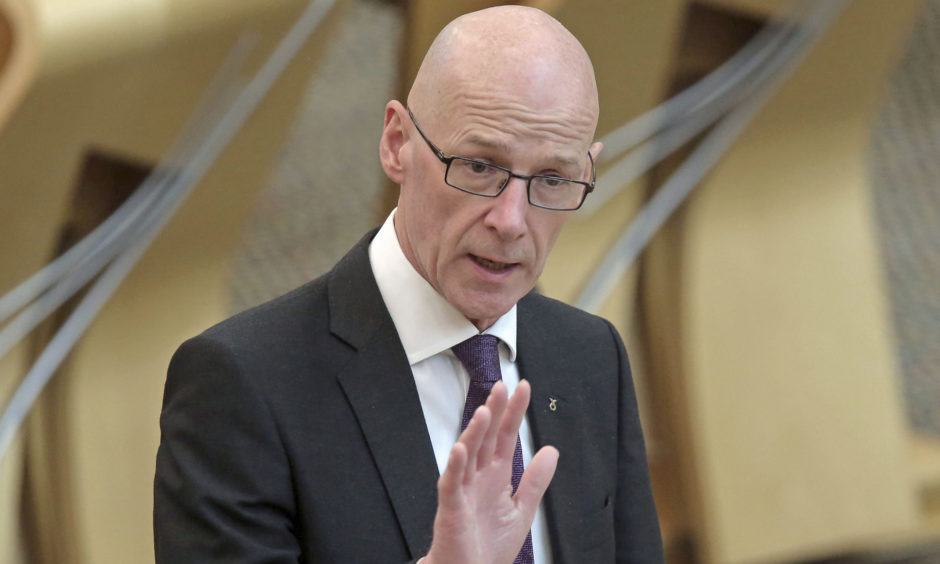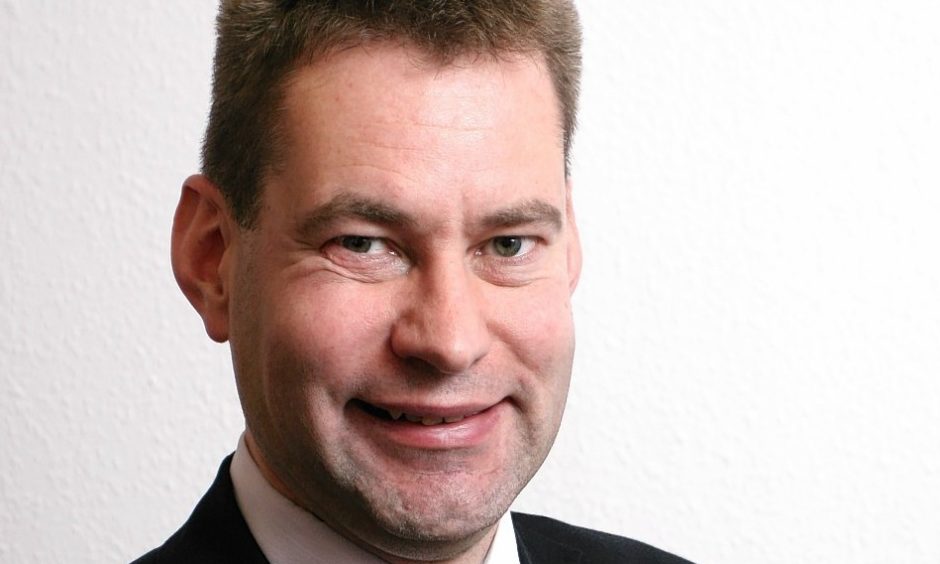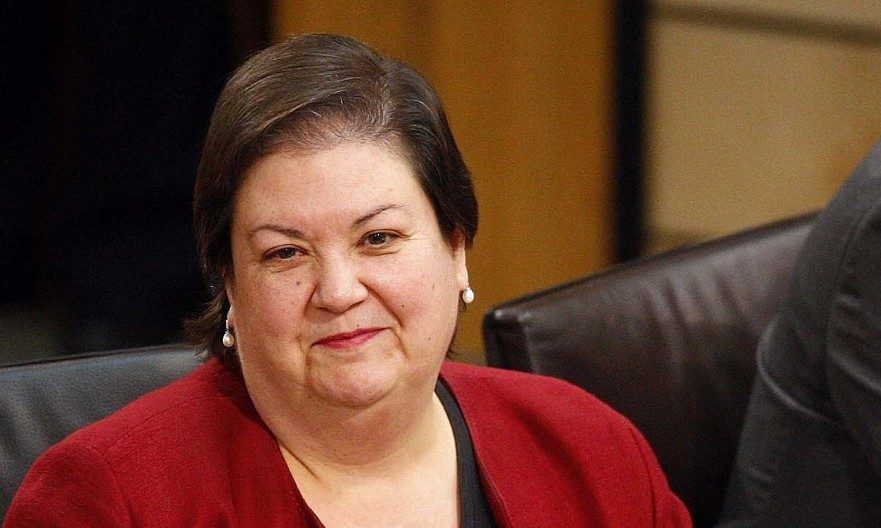John Swinney has claimed it would be “inappropriate” for the Scottish Government to hand over key documents to the Holyrood inquiry into the handling of harassment claims against Alex Salmond.
The deputy first minister rejected demands for legal papers to be submitted to the cross-party committee examining the botched Scottish Government investigation into the claims against the former first minister.
Mr Swinney waded into the escalating row over Scottish Government secrecy a few hours before Scotland’s most senior civil servant, Leslie Evans, becomes the first person to give evidence to the inquiry in person.
Ahead of Ms Evans’s appearance, MSPs on the committee have been growing increasingly frustrated at the Scottish Government’s response to their calls for all relevant documents to be produced.
This would not be in the interests of good government and the upholding of the rule of law.”
John Swinney
The Scottish Government has cited its right to legal privilege to explain why some court documents relating to the case will not be seen by MSPs.
Committee convener Linda Fabiani of the SNP has called for privilege to be waived in the interests of transparency.
The committee has also signalled it is considering using rarely used powers to compel the release of information, saying it was exploring “all options” to retrieve the documents.
But newly published letters to the committee from Mr Swinney and Ms Evans revealed the Scottish Government is digging in its heels when it comes to its refusal to release the information.
In his letter, Mr Swinney argued waiving legal privilege would “undermine” the Scottish Government’s ability to seek “full and frank” legal advice.
“This would not be in the interests of good government and the upholding of the rule of law,” Mr Swinney said.
“It is for these reasons that it would be inappropriate to waive legal professional privilege in respect of communications about these judicial review proceedings and the handling of the complaints against the former first minister.”
In her letter, Ms Evans, the Permanent Secretary, said the decision not to waive legal privilege would not prevent a full account of the Scottish Government’s legal position being given to the committee.
Ms Evans and Mr Swinney also argued against the committee’s proposal for individual civil servants to give oral or written evidence, arguing it was against civil service rules.
Mr Swinney said: “It is not possible under the Civil Service Code for personal reflections or private opinions to be offered on matters which are properly the responsibility of the Government. To do so would be entirely contrary to the constitutional and contractual status of the Civil Service.”
However, MSPs on the cross-party committee argue that the documents should be produced in the interests of transparency and undertaking a full inquiry into why the Scottish Government lost a civil case against Mr Salmond.
Conservative MSP Murdo Fraser said: “The committee cannot fulfil its function without full transparency. If we only receive part of the evidence, we will only be able to produce part of an inquiry report.
“The Scottish public want scrutiny, not more secrecy. Nicola Sturgeon and Leslie Evans can’t pick and choose what evidence the inquiry gets to see.”
Labour’s Jackie Baillie added: “It is disappointing that having promised full co-operation, the Scottish Government now seem intent on withholding crucial information from the committee. It is important that a parliamentary committee should not be hindered in its inquiry and, frankly, this is not a good look for the Scottish Government.”
The Holyrood inquiry was launched after Mr Salmond took the Scottish Government to court over how allegations of harassment against him were treated by the Scottish Government during its internal inquiry.
At the Court of Session it was found that the process had been unfair, unlawful and “tainted with apparent bias”. The Scottish Government was forced to pay Mr Salmond more than £500,000 for his legal costs.
In a separate criminal case, Mr Salmond was cleared of sexually assaulting nine women when he was first minister. On the eve of the Holyrood committee starting interviewing witnesses, allies of Mr Salmond claimed the former first minister had been the victim of a conspiracy.
Appearing on a BBC documentary, The Trial of Alex Salmond, his former SNP colleague Jim Sillars said: “Once people see what was done in relation to Alex Salmond and did not need to be done the volcano will go off underneath the SNP.”
SNP MP Kenny MacAskill made similar claims on the programme presented by Kirsty Wark.
But also appearing on the programme, First Minister Nicola Sturgeon dismissed conspiracy claims as a “heap of nonsense”, adding that she would have her say in the parliamentary inquiry.




